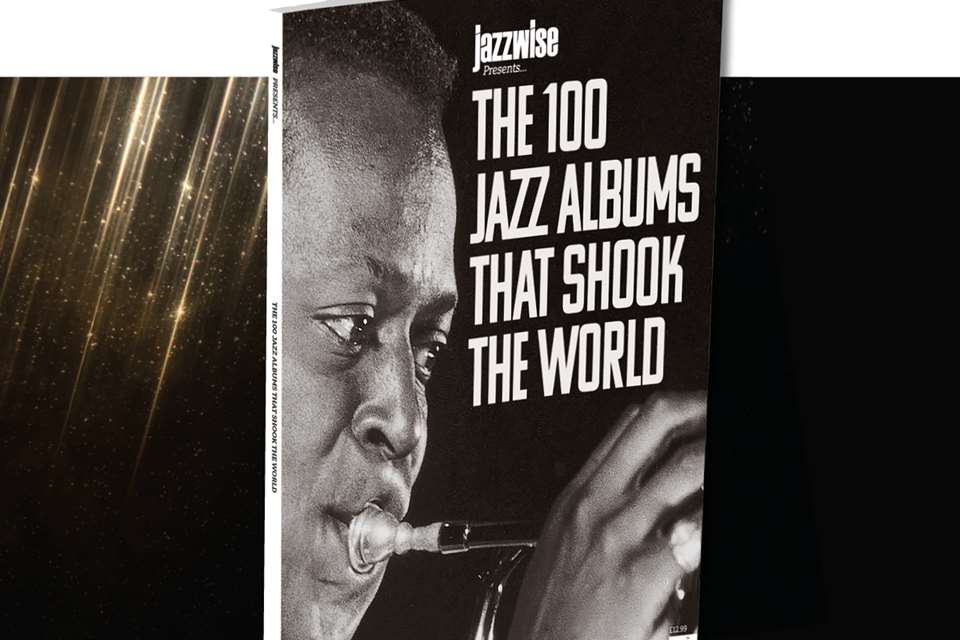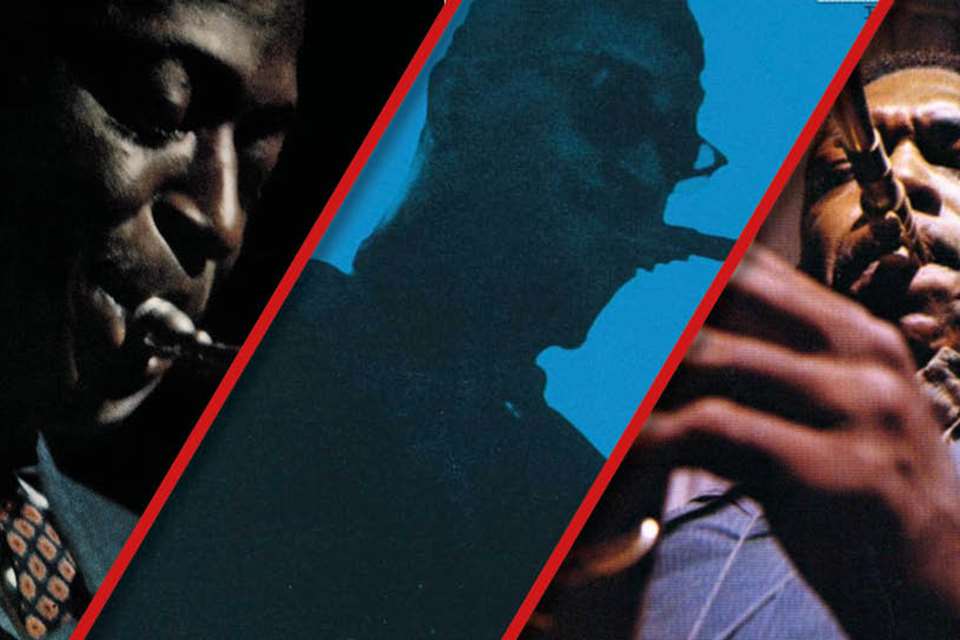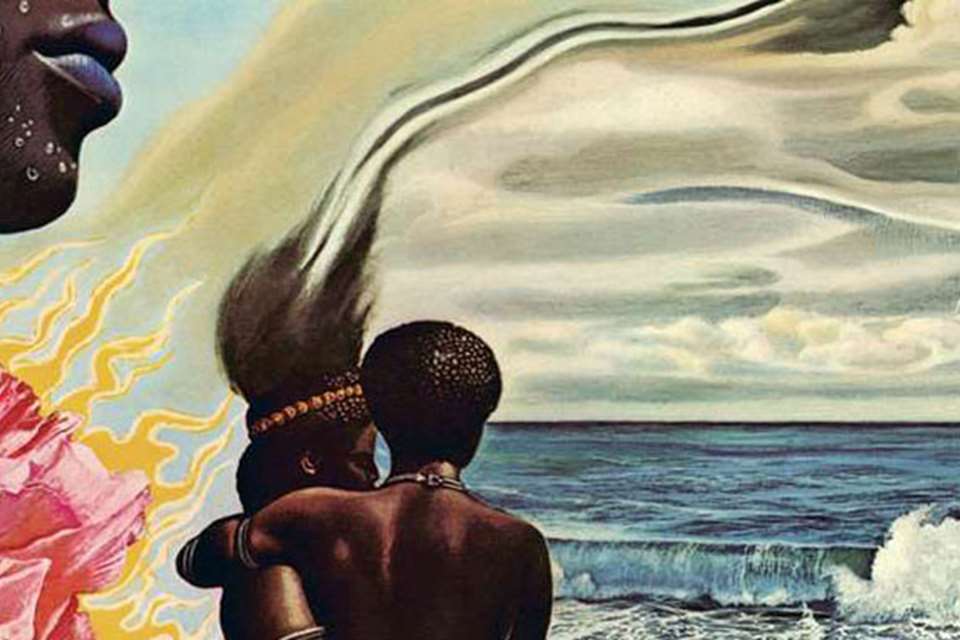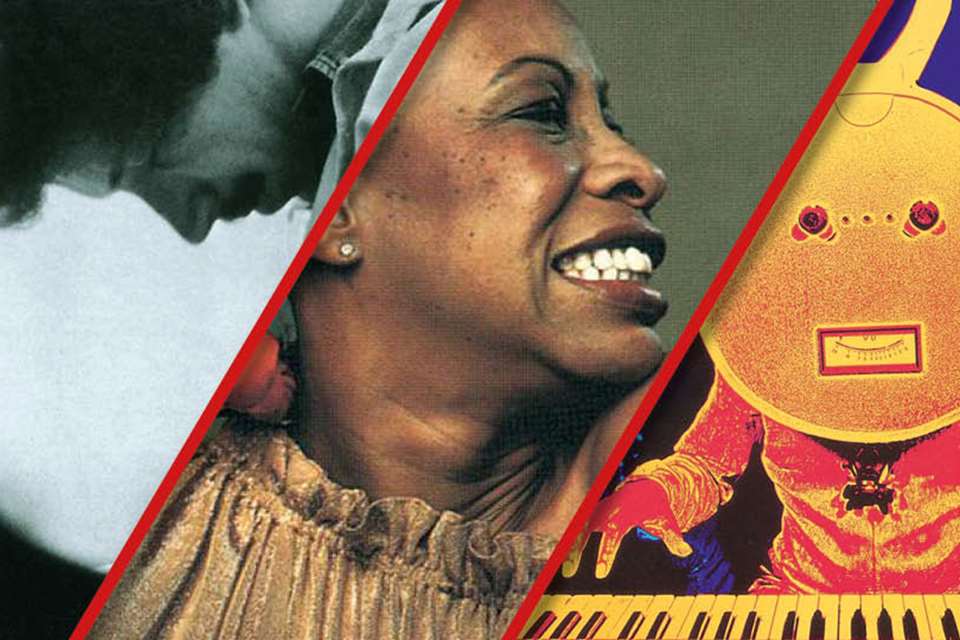Cleveland Watkiss and Django Bates: The Art and Craft of Song
Kevin Le Gendre
Wednesday, November 10, 2021
Two of the most critically acclaimed musicians from these shores, singer Cleveland Watkiss and pianist Django Bates, are about to collaborate, performing a duo concert as part of this year’s EFG London Jazz Festival. Kevin Le Gendre discovers how this meeting came about, and the strands that link these venerable musicians


Register now to continue reading

Thank you for visiting Jazzwise.co.uk. Sign up for a free account today to enjoy the following benefits:
- Free access to 3 subscriber-only articles per month
- Unlimited access to our news, live reviews and artist pages
- Free email newsletter



